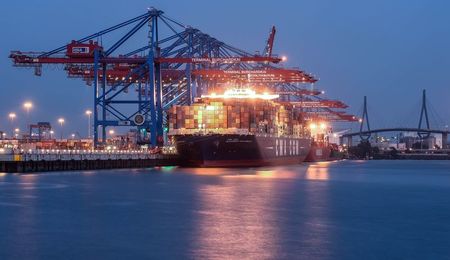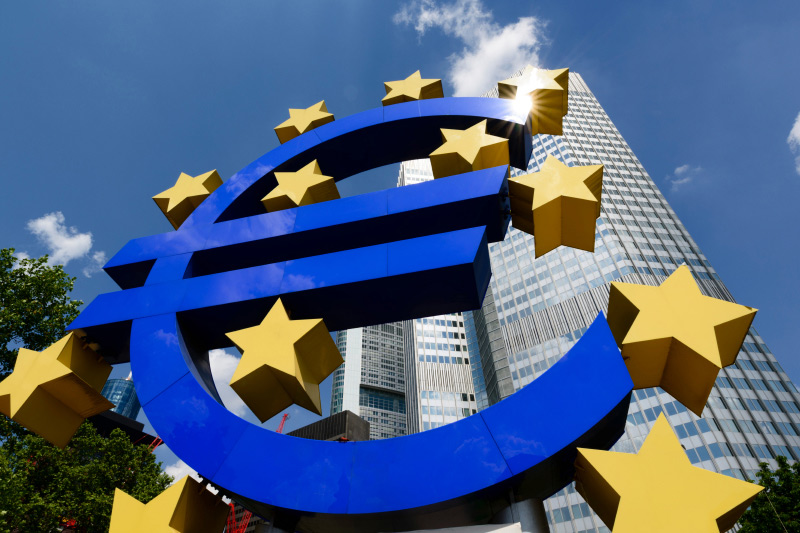BRUSSELS (Reuters) - The euro zone economy slowed in the second quarter but is not stagnating yet, data showed on Friday, as the European Union's statistics office revised up its numbers after changing to a new accounting standard.
Eurostat said the economy of the 18 countries that share the euro grew 0.3 percent quarter-on-quarter in the first three months of 2014 rather than 0.2 percent. It then expanded 0.1 percent in the April-June period under the new accounting standard, called ESA 2010, the statistics office said.
Under the previous accounting standard, the European system of national accounts ESA 95, euro zone gross domestic product was flat in the second quarter.
Economists said the outlook for the euro zone economy has not changed, however, because other indicators not affected by the accounting change like industrial production or sentiment were still pointing to an economic slowdown.
"We still think there won't be a recession but the recovery will continue at a very slow pace," said Anthony Baert, economist at ING Bank.
He pointed to the sharp slowdown in industrial output in August that would require exceptionally strong production growth in September to reverse a falling trend. He expected 0.1 percent quarter-on-quarter growth in the euro zone in the third quarter.
The euro zone is struggling to boost economic growth to reduce near-record high unemployment and keep servicing huge public debts incurred during the sovereign debt crisis.
Year-on-year growth in the second quarter in the euro zone was revised up to 0.8 percent from 0.7 percent reported under the ESA 95 system, Eurostat said.

The main elements of the new ESA 2010 standard that have an impact on growth calculations are that it treats spending on research and development and weapons systems as investment.
(Reporting By Jan Strupczewski; Editing by Robin Emmott and Hugh Lawson)
